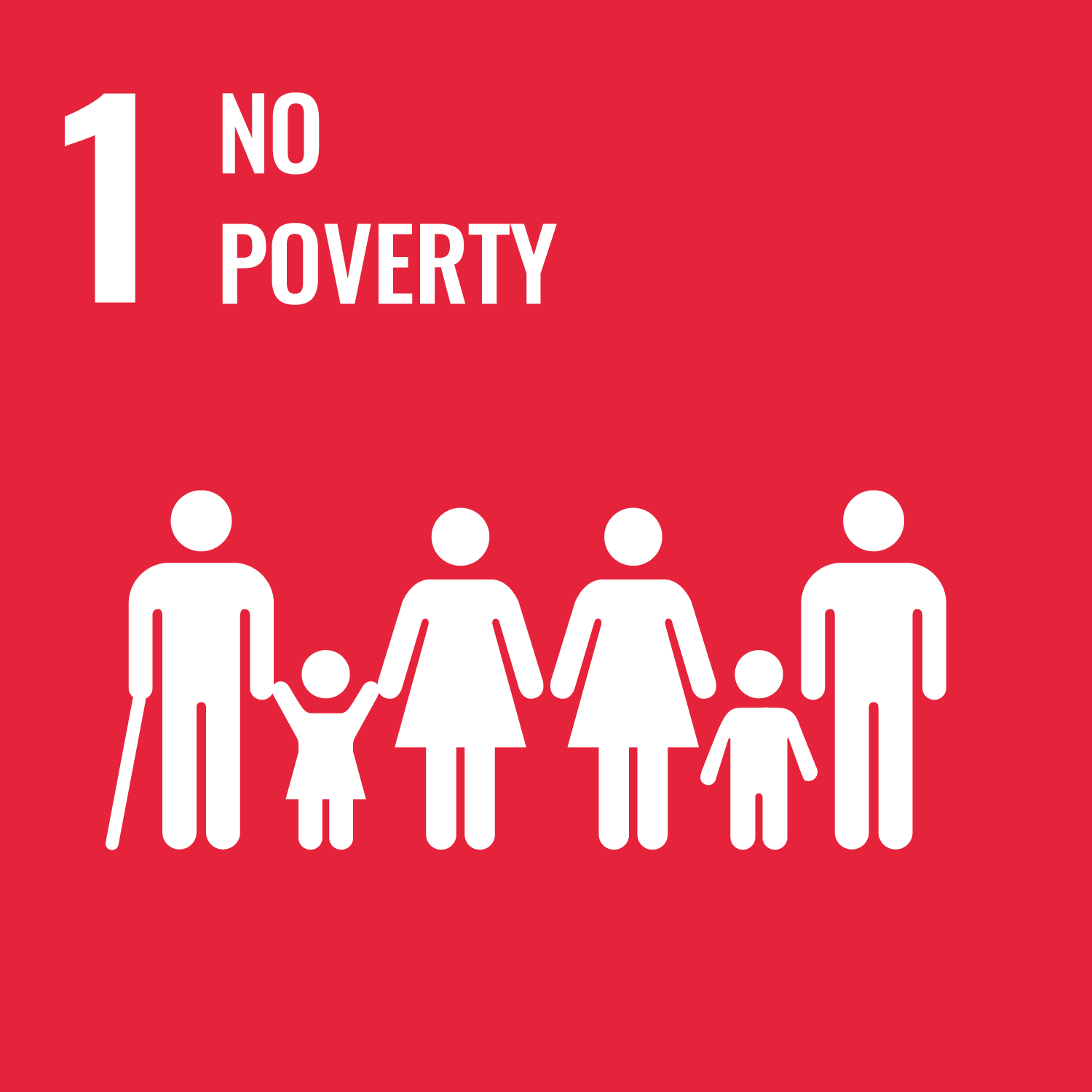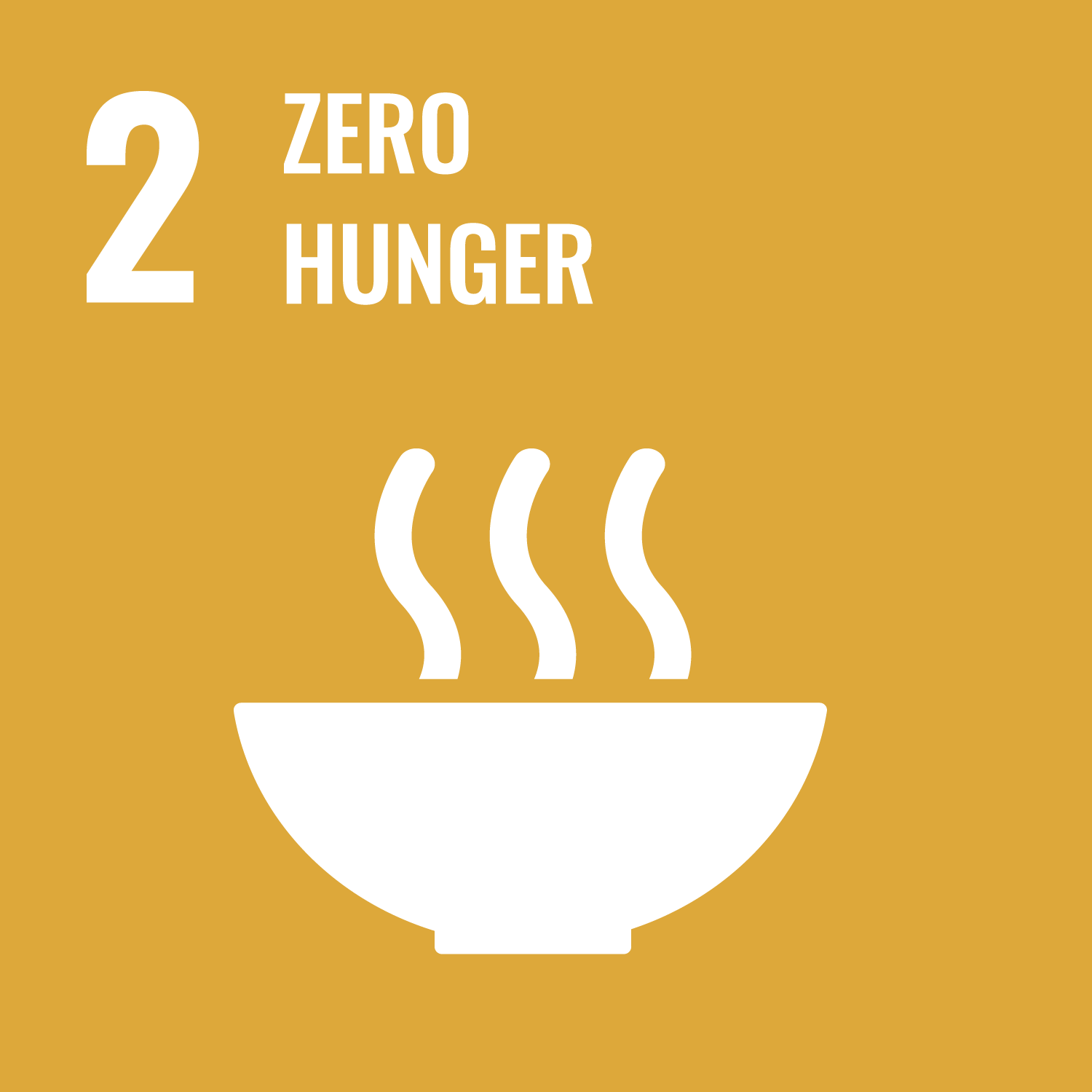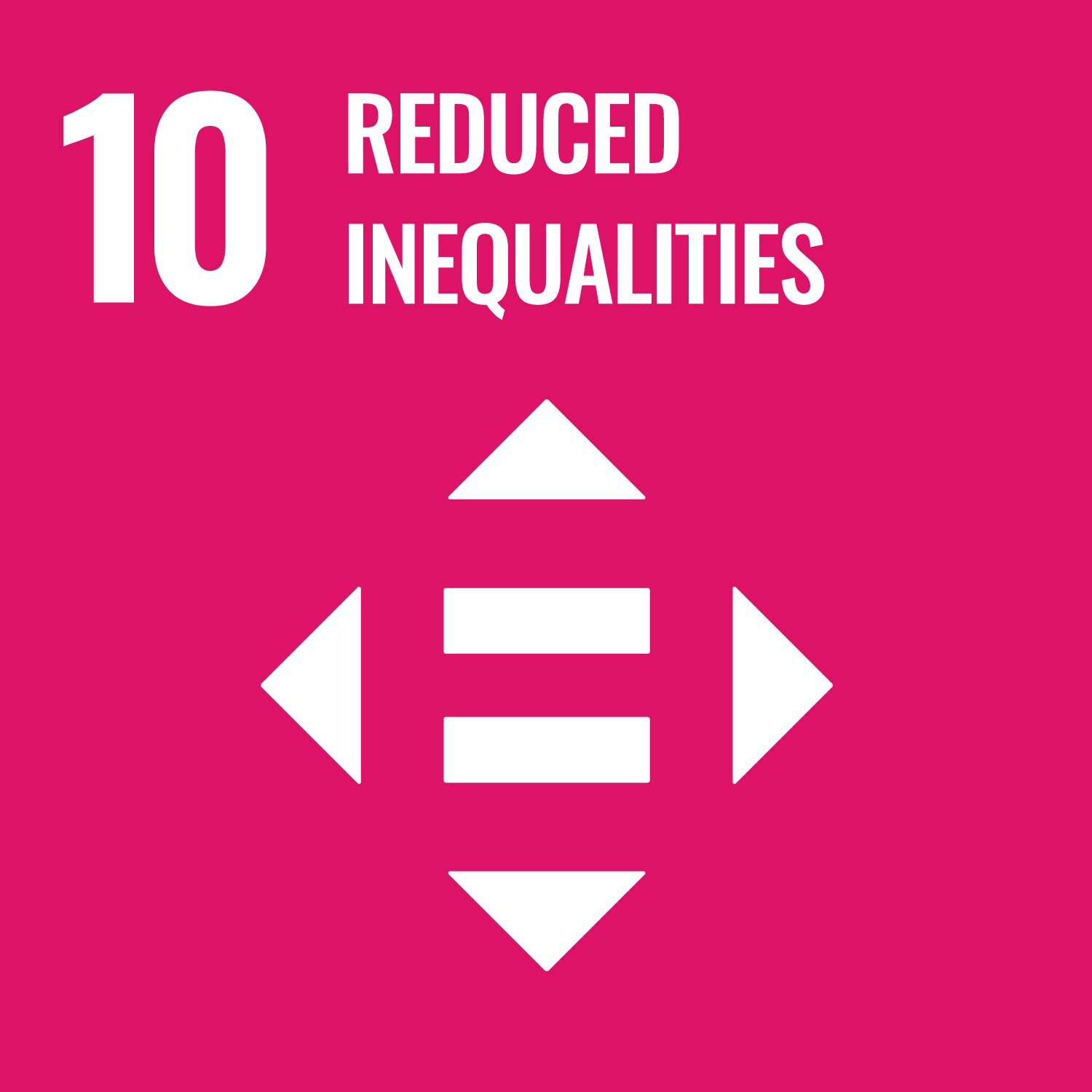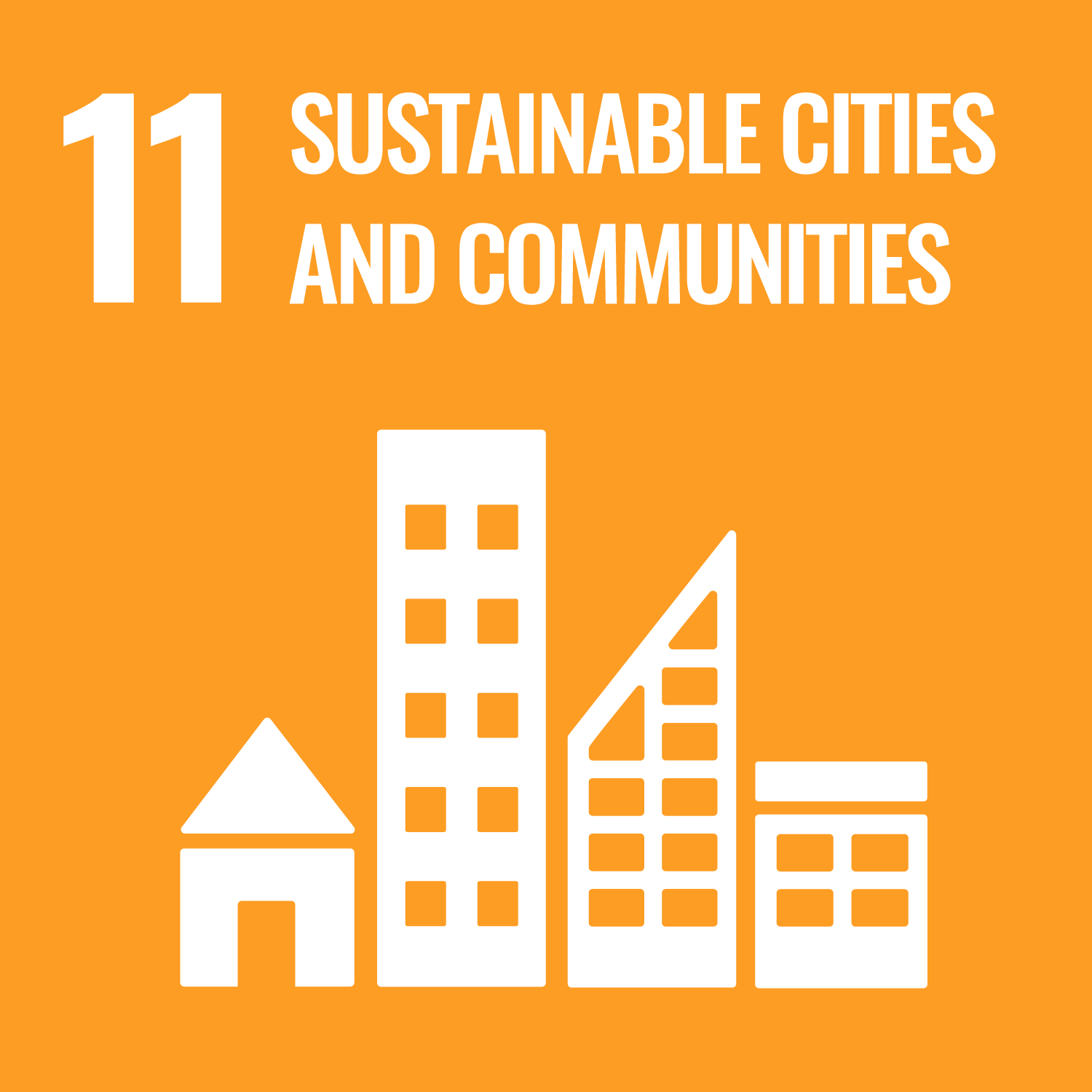
Unfair rules
You’ll need
- A copy of the housing allowance sheet
- Chairs, one per person
- A soft ball
Before you begin
- The person leading the activity should put the chairs in a circle inside the playing area. There should be enough space inside the circle for people to quickly get up and move to another chair, so make the circle as large as you can. Put one chair aside for the person leading the activity to sit on. This means that one member of the group will have to stand.
Run the activity
- The person leading the activity should put their finger on their nose. The last person in the group to copy them should stand for the start of the activity.
- Everyone should sit in a chair, except the person who lost the nose-touching – they should stand in the middle of the circle. The person leading the activity should explain that the aim of the game is to be sitting on a chair. In each round, everyone to whom a certain rule applies must swap to another chair, including the person standing. This rule is made up by the person standing. Run a practice round to see if everyone understands this.
Advise the person standing that the rule should be something obvious and non-personal. Some good examples of rules are: ‘Everyone with an ‘R’ in their name…’ ‘Everyone wearing black shoes…’ ‘Everyone with a brother…’ - Play this way for a few rounds. The person leading the activity should referee. Make sure that the first person to touch the chair they’re moving to sits in it. Remind everyone to be careful moving between chairs and those standing to try and pick rules that apply to lots of people in the group, to keep everyone moving.
- Stop the game before the last person standing can make a new rule. Explain to everyone that the person standing can now make a rule about how some people can move (eg ‘Everyone who gets the bus to school must walk, not run’) for the rest of the game, as well as the new rule about who must move that turn. Each person left standing from now on can also decide how other people to whom their rule applies can move. They can also change an existing rule, if they want. Play this way for a few rounds.
- Stop the game before the last person standing can make a new rule. Explain to everyone that they (the person leading the activity) will now make all the rules. Anyone left standing must wait for the next turn to find a chair. The person leading the activity should make a rule about how some people should move, about who should move and remove one chair from the game each turn. This should leave more than one person standing. Play this way for a few rounds.
- By now, everyone should have moved about a bit. There should be more people standing than at the start of the game. The person leading the activity should invite everyone to sit down where they like for a break. Ask them who found it harder as the rules became more complicated and when there were fewer places to sit. See if anyone felt as if they weren’t good at the game, or whether they thought there was a problem with the game itself. Did the group think the game was easier for some people than others? Ask someone who had lots of rules applied to them if they found it more difficult.
- The person leading the activity should refer to the Housing Allowance info sheet. Explain how Housing Allowance is an example of where rules for everyone put some people at a disadvantage, which is unfair. It doesn’t take into account that person’s situation and punishes them for no reason, like in the game with the chairs.
- Share copies of the Housing Allowance info sheet with members of the group who have questions.

This activity helps contribute towards some of the UN's Sustainable Development Goals. Find out more about the SDGs, and how Scouts across the world are getting involved.




Reflection
The group has played a game that involved sitting on chairs. Everyone had to be quick to make sure they sat down before someone else, as there weren’t enough chairs to go around! Did anyone have to move a lot and work up a sweat? Why was it useful to have quick reactions in this game and what does that tell us about how people who are struggling need to react to keep up with rules, such as Local Housing Allowance?
In the game, the rules were changing all the time, becoming more and more unfair until the person leading the activity started removing chairs! For some people threatened with homelessness, this kind of rule change is a very real scenario. What can we do to show authorities that the current rules about Local Housing Allowance are not good enough? How can we get other people talking about this and why should we?
Safety
All activities must be safely managed. You must complete a thorough risk assessment and take appropriate steps to reduce risk. Use the safety checklist to help you plan and risk assess your activity. Always get approval for the activity, and have suitable supervision and an InTouch process.
- Active games
The game area should be free of hazards. Explain the rules of the game clearly and have a clear way to communicate that the game must stop when needed. Take a look at our guidance on running active games safely.
This game gets more challenging on its own. If anyone is struggling to keep up, simply change the rules to benefit them!
This game will need to be adapted for those with mobility issues. An alternative might be a throwing and catching game with a ball, sitting down, where the person in the middle (also sitting) must block the ball from reaching its target. Rule changes could affect who the ball must be thrown to (eg ‘throw to some with an ‘R’ in their name’).
All Scout activities should be inclusive and accessible.
Ask the group to start thinking about how they can help change the rules, to help more people get back on their feet. Ask everyone to make a rule which they could all stick to for the week, i.e. not using hot water for a week/not using the internet for a week. Will this rule affect everybody in the same way?
Let the group make up their own rules, providing they’re appropriate.




